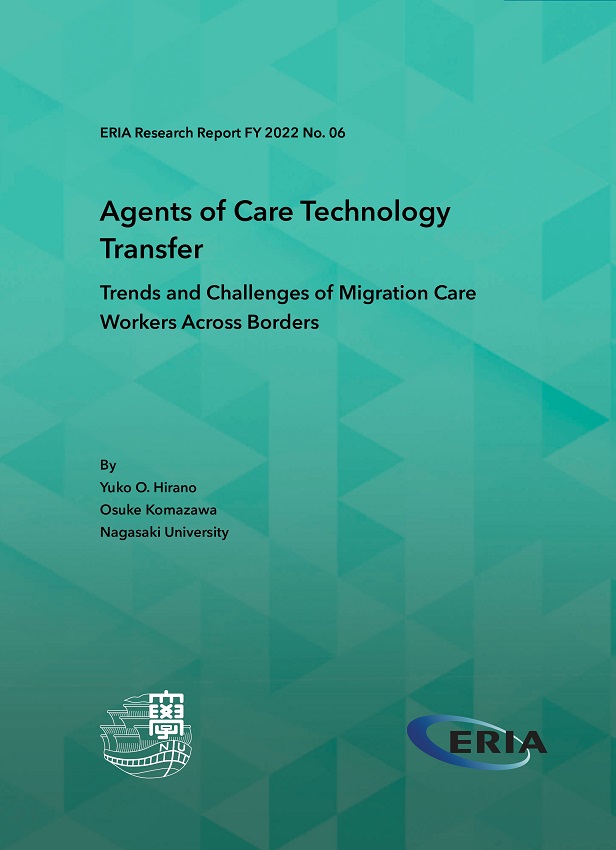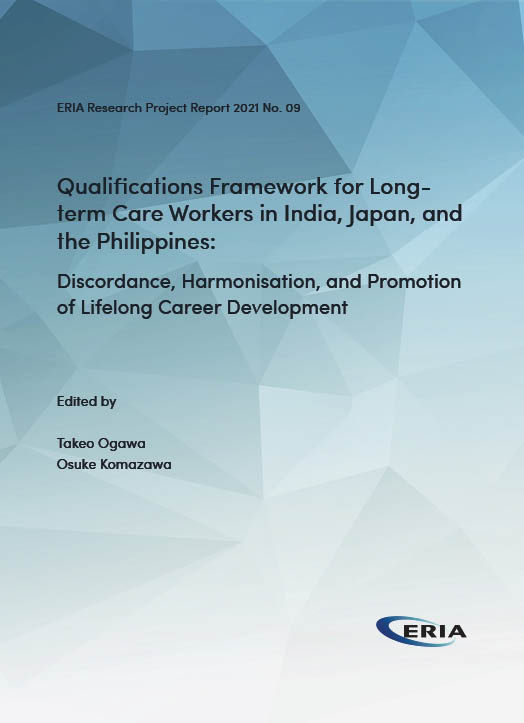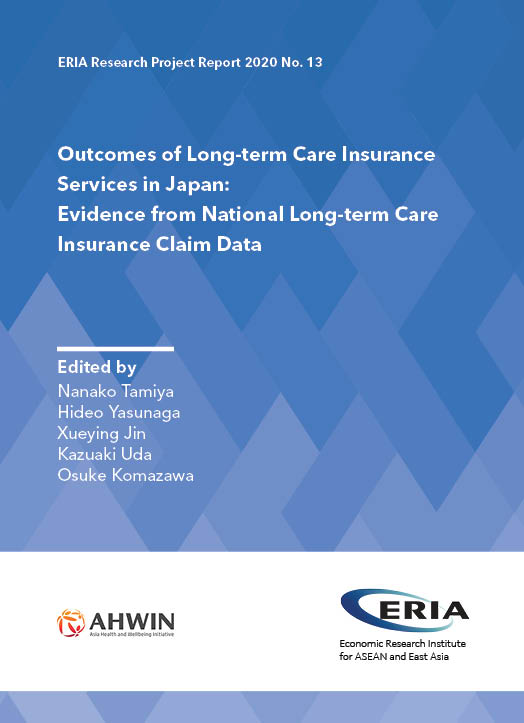Agents of Care Technology Transfer: Trends and Challenges of Migration Care Workers Across Borders

Date:
12 August 2022Type:
Research Project ReportsTags:
healthcare, long-term care, caregivers, care workers, Japan, IndonesiaPrint Article:
The purpose of this project is to show the models of promoting the transfer of knowledge and skills of Long-term care (LTC) from the destination countries (Japan) to the sending countries (Indonesia) of care workers. Containing both original / secondary, and quantitative / qualitative data, this report was written by research members of diverse discipline. This report comprises 5 chapters, including, comparison of the definition of ‘care’ or LTC between Japan and Indonesia (Chapter 1), discussing the policies of the Japanese government on migrant care workers who engage in LTC (Chapter 2), discuss the policy of recruiting migrant care workers through the cost analysis (Chapter 3), discussing the role of returnees by targeting Vietnamese EPA care workers who have already gone back to their home country (Chapter 4) and developing the oral care check list, based on the anatomical and physiological functions in preventing aspiration pneumonia. The check list is used to compare the degree of implementation of the care, by Indonesian care workers in Japan and in Indonesia (Chapter 5).
Full Report
Agents of Care Technology Transfer: Trends and Challenges of Migration Care Workers Across Borders
Contents
List of Abbreviations and Acronyms
Chapter 1 Definition of Care in the Asian Context
Chapter 2 The State and The Market: Acceptance of Migrant Care Workers Through Multiple Channels
Chapter 3 Cost of Hiring Foreign Care Workers for Employers: Implications of the EPA Policy




